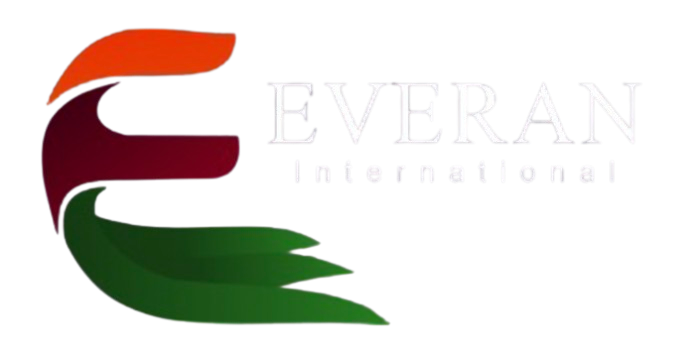In a world where conscious consumption is rising, knowing how to identify high-quality imported products like almonds, tea, and other pantry staples is essential. Whether you’re a wholesaler, retailer, or health-conscious buyer in the USA, understanding what defines premium imports can help you make smarter decisions — and avoid subpar choices.
Here’s your go-to guide to spot quality — from almonds to tea — at a glance.
1. Check for Country of Origin
The origin of a product tells a lot about its quality. For instance:
-
Almonds from California are often preferred due to consistent grading and safety standards.
-
Darjeeling and Assam teas from India are globally celebrated for their aroma, depth, and ethical harvesting.
-
Green tea from Japan, especially varieties like Matcha and Sencha, is known for purity and health benefits.
When buying, always check the label for the country of origin and aim for countries known for that specific product.
2. Inspect the Packaging
High-quality imported products are often packaged with care. Look for:
-
Vacuum-sealed or nitrogen-flushed packaging (especially for nuts) to retain freshness.
-
Multi-layer tea packaging with airtight seals to prevent moisture exposure.
-
Labels with traceability: batch numbers, harvest dates, and certifications like USDA Organic, Non-GMO, or Fair Trade.
Poor packaging or unclear labeling can be red flags.
3. Look for Certifications
Authentic, premium imports often come with international certifications. In the USA, some common and trusted certifications include:
-
USDA Organic – ensures the product is grown without synthetic pesticides or GMOs.
-
Fair Trade – indicates ethical sourcing and better wages for farmers.
-
Non-GMO Project Verified – guarantees no genetically modified organisms.
-
ISO or HACCP – these signal adherence to international quality and safety standards.
Certifications offer peace of mind, especially when importing food products from abroad.
4. Examine the Product Itself
For unprocessed imports like almonds or loose-leaf tea, visual inspection helps:
Almonds:
-
Should have a uniform, tan-brown color.
-
Must be free from cracks, mold, or signs of moisture.
-
Premium almonds feel firm and crunchy, not soft or rubbery.
Tea Leaves:
-
Whole leaves are a better sign than dusty particles.
-
Leaves should be dry, crisp, and aromatic.
-
Avoid tea that looks faded, crushed, or smells musty.
5. Know Your Supplier
Reputation matters. Choose suppliers who:
-
Have transparent sourcing policies.
-
Offer lab-tested quality assurance.
-
Are FDA-registered or comply with US import regulations.
-
Provide COA (Certificate of Analysis) on request.
Trusted suppliers like Everan International not only source directly from farms but also prioritize consistency, freshness, and compliance with US standards.
6. Freshness Dates Matter
Imported products can sometimes spend weeks in transit. Always look for:
-
“Packed on” or “Harvested on” dates – newer is better.
-
Shelf-life indicators – almonds usually stay fresh for 6-12 months; tea for about 12-18 months.
-
Products with very long shelf lives (without proper sealing) may have artificial preservatives.
For health-focused customers in the USA, freshness equals quality.
Final Thoughts
High-quality imports — whether it’s a handful of almonds or a fragrant cup of tea — can elevate everyday living. But not all imports are created equal.
By checking the origin, packaging, certifications, product integrity, and supplier reputation, you can confidently choose premium goods every time. At Everan International, we pride ourselves on delivering farm-fresh, ethically sourced products that meet global quality benchmarks.
Looking for premium almond or tea imports?
Contact Everan International for custom bulk orders or product inquiries tailored for the USA market.



